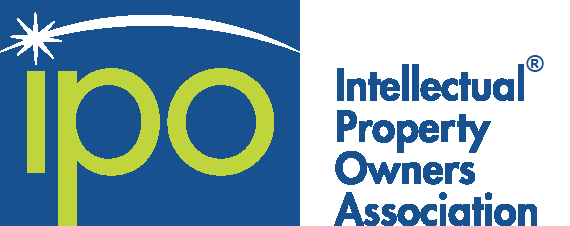Until recently, the scope of estoppel triggered by PTAB trials was of concern primarily to litigators, who worried about their arguments being estopped in district court.
But patent prosecutors should also worry about estoppel arising from PTAB proceedings. This was made clear in the latest version of the USPTO’s Manual of Patent Examining Procedure that issued in January 2018, the first revision in two years. It states that, “[PTAB] trial proceedings yield information that may be considered material to pending related patent applications … [An] example of such material information is any assertion that is made during litigation and/or trial proceeding which is contradictory to assertions made to the examiner. Examples include evidence of possible prior public use or sales, questions of inventor ship, [or] prior art.” This sweeping requirement for additional disclosure signals a big change that can create issues for those prosecuting patent applications.
Our panel, which includes an in-house prosecutor for a technology company with a sophisticated understanding of law and procedure, a post-grant specialist, and former USPTO Deputy Commissioner for Patent Examination Policy, will discuss:
- The USPTO program run every 2 weeks that creates links between filed petitions for AIA trials and the related applications, which is not accessible to the public or to the attorney of record.
- How standard operating procedure for patent prosecutors must now change. The MPEP states that the prosecutor is in danger of violating his or her duty of disclosure if anything in the PTAB record known to be material to the patentability of any claim in an application is not submitted to the USPTO. What are the patent prosecutor’s responsibilities and how should they be fulfilled?
That some commenters have questioned whether the PTAB has authority to issue its estoppel rule, 37 CFR § 42.73(d)(3)(i). Should this have any impact on prosecutors’ behavior?
Speakers:
- Jeff Hohenshell, Medtronic, Inc.
- Stephen Kunin, Oblon
- Scott McKeown, Ropes & Gray LLP

